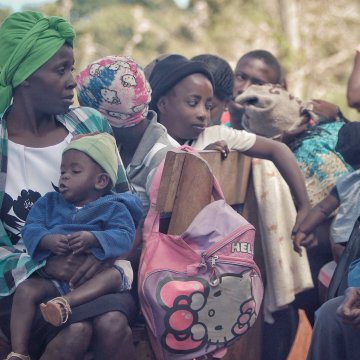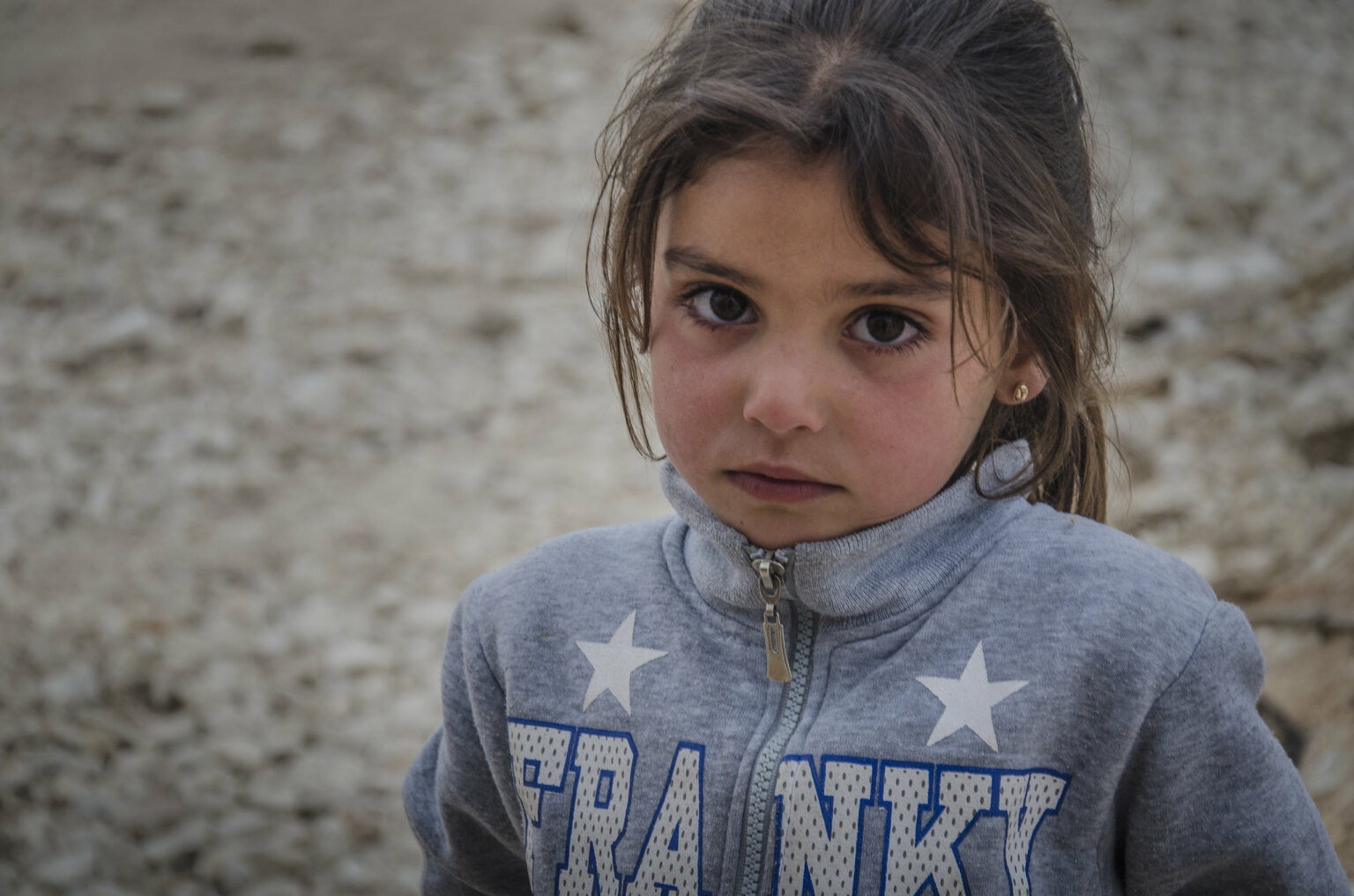- About
- Topics
- Picks
- Audio
- Story
- In-Depth
- Opinion
- News
- Donate
- Signup for our newsletterOur Editors' Best Picks.Send
Read, Debate: Engage.
| topic: | Humanitarian Aid |
|---|---|
| located: | Haiti |
| editor: | Ellen Nemitz |
The long-lasting and worsening crisis in Haiti has led the United Nations Security Council to approve an international intervention in the Central-American island on 21 October. According to the resolution, a gang alliance - G9 Family and Allies, led by Jimmy Cherizier, also known as “Barbeque" - is responsible for "serious human rights abuses" such as "kidnappings, trafficking in persons and the smuggling of migrants, homicides, and sexual and gender-based violence including rape and sexual slavery." In July of this year, before the most recent resolution, the UN Security Council had already approved the extension for one more year of the Integrated Office's mandate in Haiti, first installed in 2019.
The new resolution also assesses that there is a problem regarding the "illicit trafficking and diversion of arms" and the "illicit financial flows" that enable the gang’s activities and impose barriers against humanitarian assistance. In addition, Cherizier had been blocking fuel supplies from the Varreux terminal for Port-au-Prince, Haiti’s capital, leading to food, water and healthcare shortages, contributing "to the economic paralysis and humanitarian crisis in Haiti." The gravity of the situation - which includes the resurgence of a cholera epidemic - has also been acknowledged by the UN Secretary-General, Antonio Guterres, and by the international NGO Médecins Sans Frontières.
The resolution passed unanimously by the Security Council imposes travel, financial and arms-transport bans on individuals and entities engaged in criminal activities that contribute to violence and human rights violations. Still, it recognises the necessity of a long-term solution that includes "fair legislative and presidential elections" - since the assassination of the previous president, Jovenel Moïse, in July 2021, the country has been under the interim administration of the Prime Minister Ariel Henry.
An analysis by Insight Crime shows that the power of these gang leaders in Haiti goes beyond the criminal sphere itself. A source heard by the investigator Henry Shuldiner, the executive director of the Institute for Justice & Democracy in Haiti Brian Concannon, says that Cherizier could at some point run for a parliament seat, thereby receiving immunity for his crimes. On Twitter, Concannon also posted that previous sanctions on Cherizier and government officials had "zero publicly-known results." His actions could be threatening to those in power, which led the acting Prime Minister Ariel Henry to ask for international help.
Part of the population, though, is discontent with the intervention - as well as with Henry himself. A video published by Al Jazeera displays a popular protest against foreign mediation in the national crisis - one interviewee called Americans and Canadians "monsters" who "do not have solutions.” Internationally, the interference is not a consensus, either. The Irish member of the European Parliament, Mick Wallace, discoursed against the foreign military intervention, which is, he said, the "the last thing people from Haiti need now." He also criticised Henry's lack of "proper mandate to govern." Wallace defended Haiti's sovereignty to think independently and find their own solutions for the crisis.
Amid distinct opinions, Haiti continues to be thrown into a devastating poverty and lack of means to maintain a minimum quality of life for its population, a situation that must certainly be addressed with the maximum urgency by the competent institutions, while guaranteeing that the population's will is respected.
Photo by Zach Vessels

